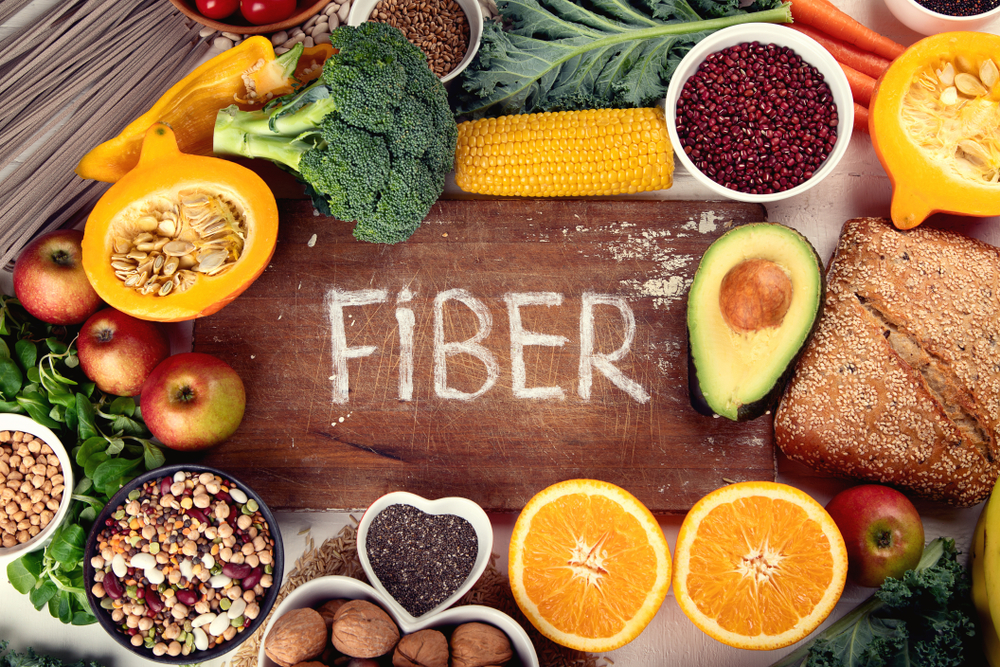
The number of bowel movements you have in a day depends on a lot of factors, from how much you exercise in a day, to how many meals you had, your age, gender, and health status. Of course, there’s isn’t a specific number of bowel movements a person should have, but it’s definitely not normal to go three or fewer times per week.
Also, constipation can affect bowel movements, making them not only infrequent but also difficult to overcome. This can lead to excessive straining and time spent on the toilet. If you want to avoid these situations as much as possible, try adopting these daily habits that promote healthy bowel movement:
- Be more active – If you want to keep your bowels moving, you need to keep your body moving as well. By doing regular physical activity, you can prevent constipation. Overtraining can also cause bowel symptoms like flatulence and loose poops in some people, but those cases are rare.
- Boost your microbiome – If you didn’t know by now, you share your gastrointestinal tract with about 100 trillion microbes. Scary, you might think. But in reality, that’s a very good thing, because a diverse ecosystem keeps you healthy. While some people take probiotic supplements to promote healthy bacteria, you’re more likely to encourage a diverse population, if you eat a variety of fiber-rich foods.
- Encourage containment – Leakage of stool can be prevented. What you need to do is to make some dietary changes and add more bulky fiber. But if the problem is caused by overstretched and weak muscles, a physiotherapist will show you some pelvic floor exercises to strengthen them.
- Keep calm – Watch out, because the level of stress can affect your poops. The gut basically has its own mind, and it’s connected to a million nerve cells that make up the enteric nervous system – which sends signals to the brain, and vice-versa. So, if you’re anxious, your stool will be as well. There are many psychological strategies to reduce stress, strategies that were specifically customized for people who suffer from irritable bowel syndrome (IBS). Their brains are more sensitive to gut discomfort, and it’s even worse when they’re under stress.
- Take into consideration hormonal shifts – Another factor that might affect your gut is hormone fluctuations. Just for your own knowledge, premenopausal women who are not taking their birth control can get constipation or diarrhea, depending on where they are in their monthly cycle. While both men and women can have hormonal shifts as we get older, our microbiome can lose its diversity and robustness. These bacterial changes can weaken immunity and lower protection against the cognitive effects of aging.
- Look after adverse effects – There are many drugs that list diarrhea or constipation on their potential side effects. So be careful and read the prescription of any medicine before taking it.
- Try to keep it natural – If you suffer from constipation and you don’t know what to do about it, consider increasing your fluid and fiber intake, before resorting to laxatives. If this doesn’t work, laxatives might be necessary, like psyllium supplementation, stool softeners or polyethene glycol. Of course, everyone wants to avoid using for too long some agents that can damage the colon, like senna products. Senna is made from the leaves and fruit of a plant and can stimulate your bowel activity. But if you use it too much, it can prevent your system from doing its job naturally.

























